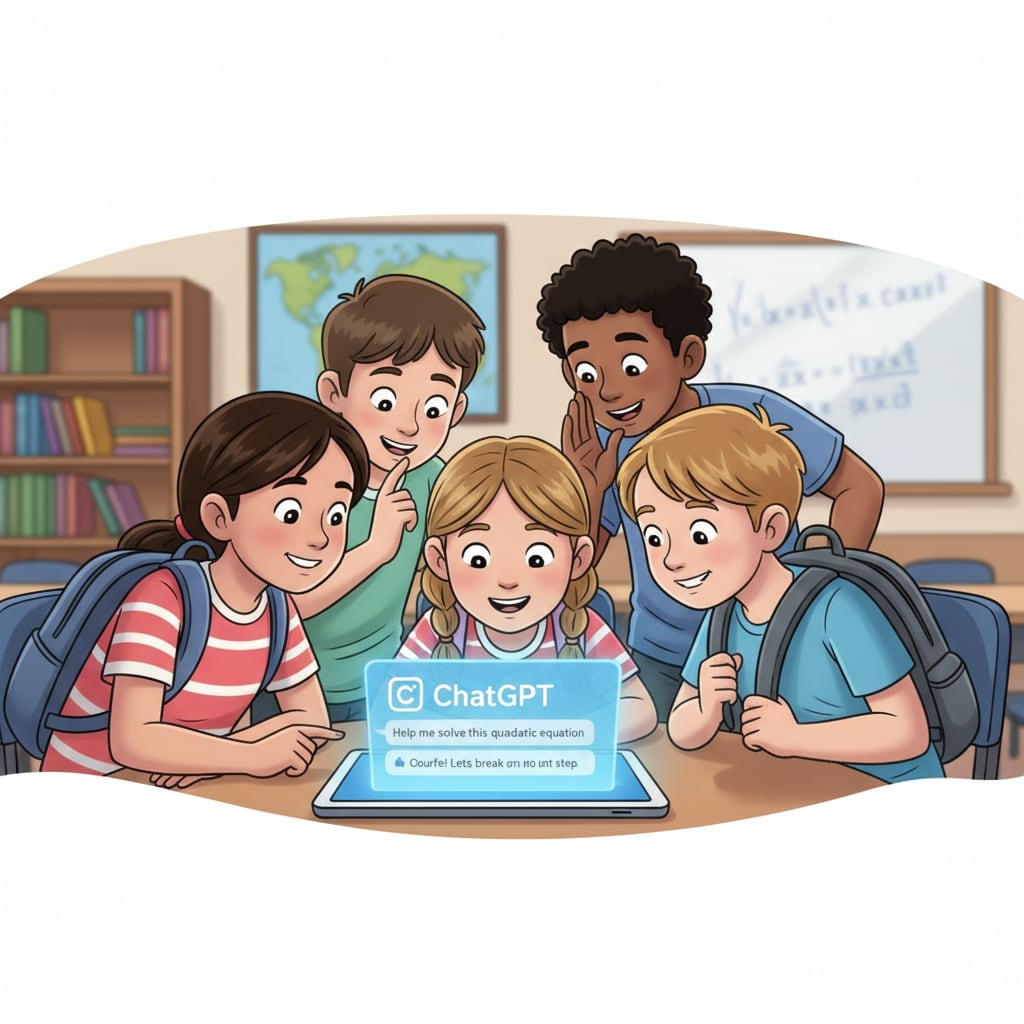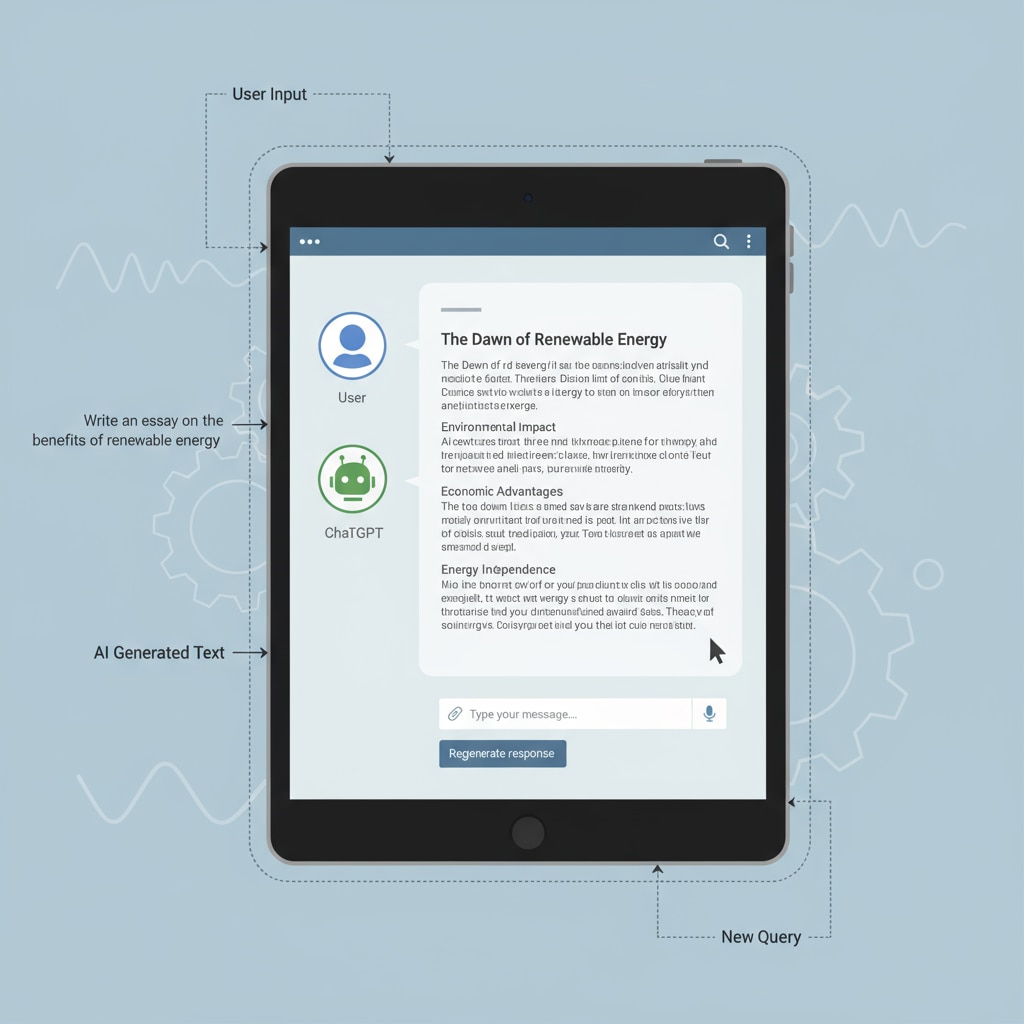The issue of ChatGPT, education, and cheating has become a pressing concern in the digital age. As artificial intelligence continues to evolve, ChatGPT has found its way into the educational landscape, but unfortunately, it’s being misused by K12 students as a means to cheat.

This phenomenon is not only undermining the integrity of education but also raising questions about how we can adapt to this new technological reality.
The Temptation of ChatGPT for Cheating
ChatGPT’s capabilities are remarkable. It can generate well-written essays, solve complex problems, and provide detailed answers to various questions. For K12 students, this presents a huge temptation. They see an easy way out of their academic tasks, whether it’s writing a book report or solving a math problem. For example, a student who struggles with writing an essay for English class can simply input a prompt into ChatGPT and get a ready-made, seemingly high-quality essay in return. This ease of access and the promise of quick results are what draw students to use it for cheating. ChatGPT on Wikipedia

Reasons Behind the Misuse
One of the main reasons is the pressure on students to perform well academically. In today’s competitive educational environment, students are often under a lot of stress to get good grades. They may feel that using ChatGPT is the only way to meet the high expectations. Additionally, the lack of proper digital literacy education also plays a role. Many students may not fully understand the ethical implications of using such tools for cheating. They may think it’s just a harmless shortcut, not realizing the long-term consequences it can have on their learning and personal development. Artificial Intelligence on Britannica
The Impact on Education
The impact of this cheating trend is far-reaching. Firstly, it devalues the educational system. When students can cheat their way through assignments and exams, the true measure of their knowledge and skills is lost. Teachers are left with an inaccurate understanding of their students’ abilities, which can affect the way they plan lessons and provide feedback. Secondly, it hinders students’ own learning. By relying on ChatGPT instead of doing the work themselves, students miss out on the opportunity to develop critical thinking, problem-solving, and writing skills that are essential for their future success.
What Educators Can Do
Educators have a crucial role to play in addressing this issue. They need to start by educating students about the proper use of technology and the importance of academic integrity. This can be done through lessons on digital citizenship and ethics. In addition, educators should also adapt their teaching and assessment methods. For example, they can design more interactive and project-based assessments that require students to demonstrate their understanding in real-time and cannot be easily cheated on using ChatGPT. By taking these steps, educators can help students see technology as a learning tool rather than a cheating aid.
Readability guidance: As seen above, we’ve used short paragraphs to convey information clearly. Each section provides key points in a straightforward manner. We’ve also incorporated external links to reliable sources for further reading. The use of examples helps to illustrate the concepts better, and transition words like “firstly”, “secondly”, and “in addition” make the flow of the article smooth.


